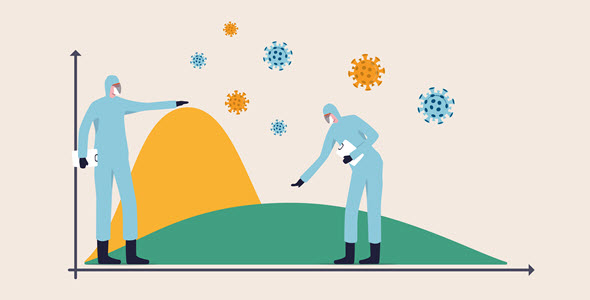The COVID-19 pandemic poses a threat to our antibiotic infrastructure, which is already compromised due to a lack of new therapies. That threat makes antimicrobial stewardship even more important.
How the Past Informs the Present: Epidemiological Data in COVID-19 Management & Response
Each piece of data contributes to a larger epidemiological picture that will not only help us fight new coronaviruses that emerge in the future, but other infectious diseases as well.
How do the COVID-19 tests and molecular tests work?
Amid the spread of COVID-19, testing for SARS-COV-2, the virus that causes it, is at the forefront of the battle. Patients rely on test results to confirm if they’ve acquired the coronavirus, and public health entities around globe rely on the data to learn how and where the virus is spreading.
Managing the Risks of Antimicrobial Resistance Concurrently with COVID-19
Patients at the greatest risk for secondary infections, particularly infections that are resistant to first-line antibiotics, include people who are already vulnerable due to other conditions and diseases—like COVID-19. Because of that, antimicrobial resistance poses a significant additional threat, especially as healthcare systems become overburdened.
The Value of Diagnostics in Combatting Antimicrobial Resistance – A Public Health Problem
At this year’s World Anti-Microbial Resistance Congress, Dr. Tristan Timbrook delivered a...
Lindsay Denny Discusses the Critical Role of WASH in Preventing Infectious Diseases and Fighting Antimicrobial Resistance
WASH, which stands for water, sanitation, and hygiene, are basic...






